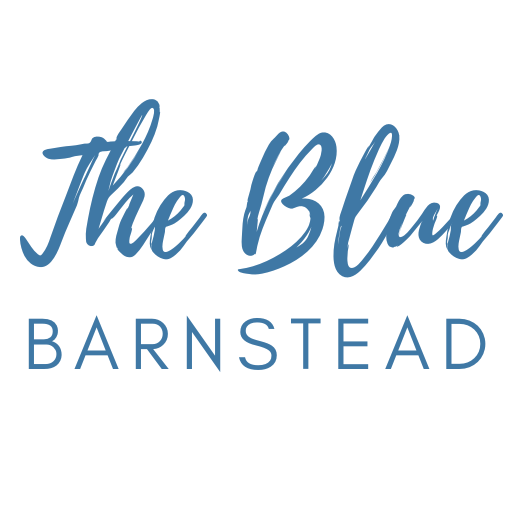
Herbs of Spring Series: Plantain
Share
The Herb Plantain (Not the Banana-Like Vegetable)
Often overlooked as a weed, the humble green herb plantain (plantago major and plantago lanceolata) has been used for centuries in herbal medicine. You can find it growing in yards, meadows, and along paths. Most people envision the banana-like "fried plantain" they have had at restaurants, but the herb plantain is a completely different plant.
Internal Benefits: A Balm for the Body
Plantain has been used for centuries as a remedy for digestive health, respiratory support, and immune balance. Its demulcent properties coat and soothe the digestive tract, making it a gentle yet effective ally for ulcers, acid reflux, and irritated bowels. A tea or tincture of plantain leaves can help clear congestion and ease dry coughs, while its antibacterial and anti-inflammatory properties assist the body in healing from within. Packed with vitamins A, C, and K, as well as calcium and silica, plantain nourishes the body with every sip and bite.
Skincare Benefits: Nature’s Bandage
For the skin, plantain is nothing short of miraculous. Plantain is packed with bioactive compounds such as flavonoids, tannins, and allantoin. Its leaves, when crushed and applied fresh, can draw out toxins from insect bites, soothe burns, and accelerate the healing of cuts and wounds. Infused in oil or blended into salves, plantain works as a powerful soother for eczema, rashes, and itchy conditions (such as poison ivy, mosquito bites, etc.). Its emollient properties help soothe dry, chapped skin. Its natural astringency tones and tightens, making it an excellent addition to herbal skincare for balance and clarity.
A Glimpse into the Past
Ancient herbalists held plantain in high esteem. The Anglo-Saxons listed it among their nine sacred herbs, while Indigenous healers of North America used it for snake bites and wounds. It has long been called the ‘traveler’s herb,’ always appearing where footsteps fall, as if nature itself wished to offer a remedy for life’s small injuries along the way.
Contraindications: A Gentle Approach
Plantain is considered very safe, but those on blood-thinning medication or with known sensitivities should approach with care. As with any wild plant, there is also a chance of an allergic reaction so always proceed with caution. You should never eat or use plantain that has been sprayed with chemicals or grows near roadsides.
Plantain reminds us that the power of plants is often found in the most ordinary places.
